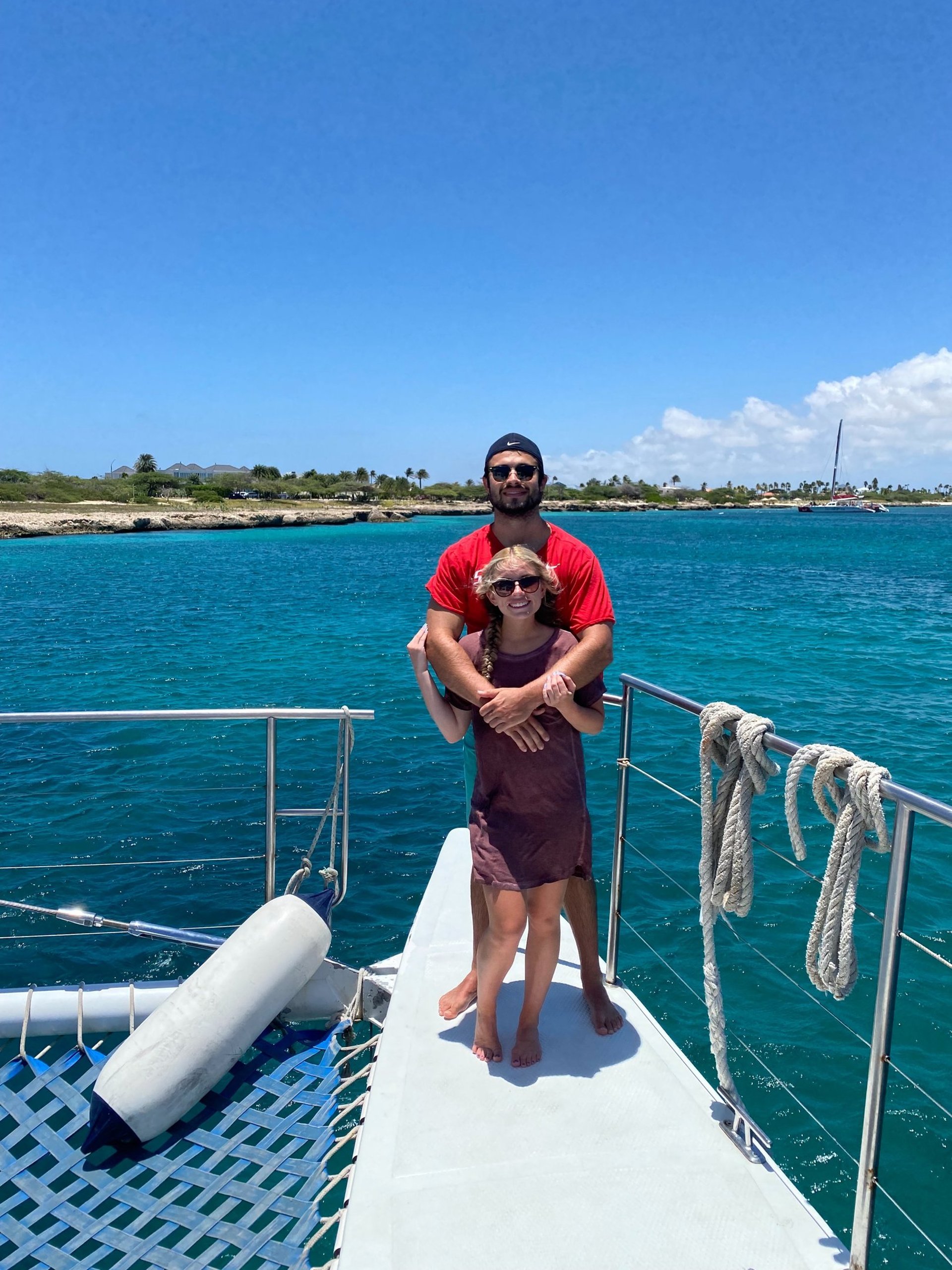www.thetraveldpt.com

The Perfect Travel Physical Therapy Contract: What to Look For
Explore the essential elements of the perfect travel physical therapy contract including 40-hour guarantees, high pay, 30-day cancellation notice, reasonable or no productivity expectations, ideal location, and placements in your preferred setting.
6/24/20252 min read
Travel physical therapy can be one of the most rewarding career paths in healthcare. It offers adventure, flexibility, and the chance to grow professionally in diverse settings. But to truly thrive on the road, it's critical to land the right contract. Not just any job will do. You need a solid agreement that supports both your lifestyle and your long-term goals.
Here are the essential elements of the PERFECT travel PT contract.
1. 40-Hour Guarantee: Your Financial Safety Net
The 40-hour guarantee is non-negotiable. It ensures that you get paid for a full 40-hour workweek, even if patient cancellations or low caseloads reduce your actual hours. Without it, you’re taking on unnecessary financial risk.
Why it matters:
Imagine moving across the country, paying for housing, and then getting only 25-30 hours of work because several of your patients cancel in outpatient or the hospital census is low. With a 40-hour guarantee in place, you're protected. Your paycheck stays stable and that peace of mind is priceless.
2. High Pay: You Deserve It
What to look for:
Weekly take home (net) pay that's well above current average market rates (think $2,400+ after taxes depending on setting and location).
With your usual tax-free stipends for housing and meals.
And reimbursement for licensure, travel, and CEUs if possible.
Tip: Don't be afraid to negotiate regardless of the offer. You're a highly skilled professional that is taking on more risk than a full time PT, and your pay should reflect your value.
3. 30-Day Cancellation Notice: Protect Yourself
Contracts should always include a 30-day cancellation clause. This gives both parties a reasonable buffer to make transitions smooth and stress-free.
Why it matters:
Let’s say your facility suddenly wants to end your contract. Without a notice clause, you could be out of work immediately. With a 30-day clause, you have time to:
Secure a new assignment.
Plan your next move logistically.
Avoid getting stuck in a lease or paying double rent.
4. Reasonable (or No) Productivity Requirements
Productivity expectations need to be known BEFORE you accept a travel physical therapy contract. Some contracts may expect you to see an unrealistic number of patients per day and that’s not what you should sign up for.
Why it's a red flag:
It can lead to burnout.
It affects patient care.
It can violate ethical boundaries or result in committing fraud (don't risk your license!)
5. Ideal Location: Go Where You Want to Go
One of the best perks of travel therapy is freedom. Your contract should reflect your lifestyle goals whether that’s city living, tropical escapes, or cozy mountain towns.
Popular picks:
Hawaii: Work-life balance with weekend hikes and beaches? Yes please.
Major cities: Think San Diego, Boston, Denver, or Seattle for culture, cuisine, and career exposure.
Hidden gems: Smaller towns often offer a lower cost of living and better pay packages.
Don't accept a contract just because it’s available. Hold out for somewhere that genuinely excites you.
6. Preferred Setting: Practice Where You Thrive
Are you passionate about outpatient ortho? Or do you love the complexity of inpatient rehab? Maybe you enjoy the independence of home health.
Your contract should align with your clinical strengths and interests. That said, if you're curious about exploring a new setting, it's possible. And the best part? If it turns out not to be the right fit, the commitment is short-term as most contracts are only three months.
Final Thoughts
A perfect travel PT contract is definitely not out of the question, but you do need to know what to ask for. Look for a 40-hour guarantee, solid pay, a 30-day cancellation clause, reasonable (or no) productivity expectations, your ideal location, and your preferred setting. These non-negotiables set you up for success and sustainability in your travel career.
Travel therapy is supposed to give you freedom so make sure your contract does too!

